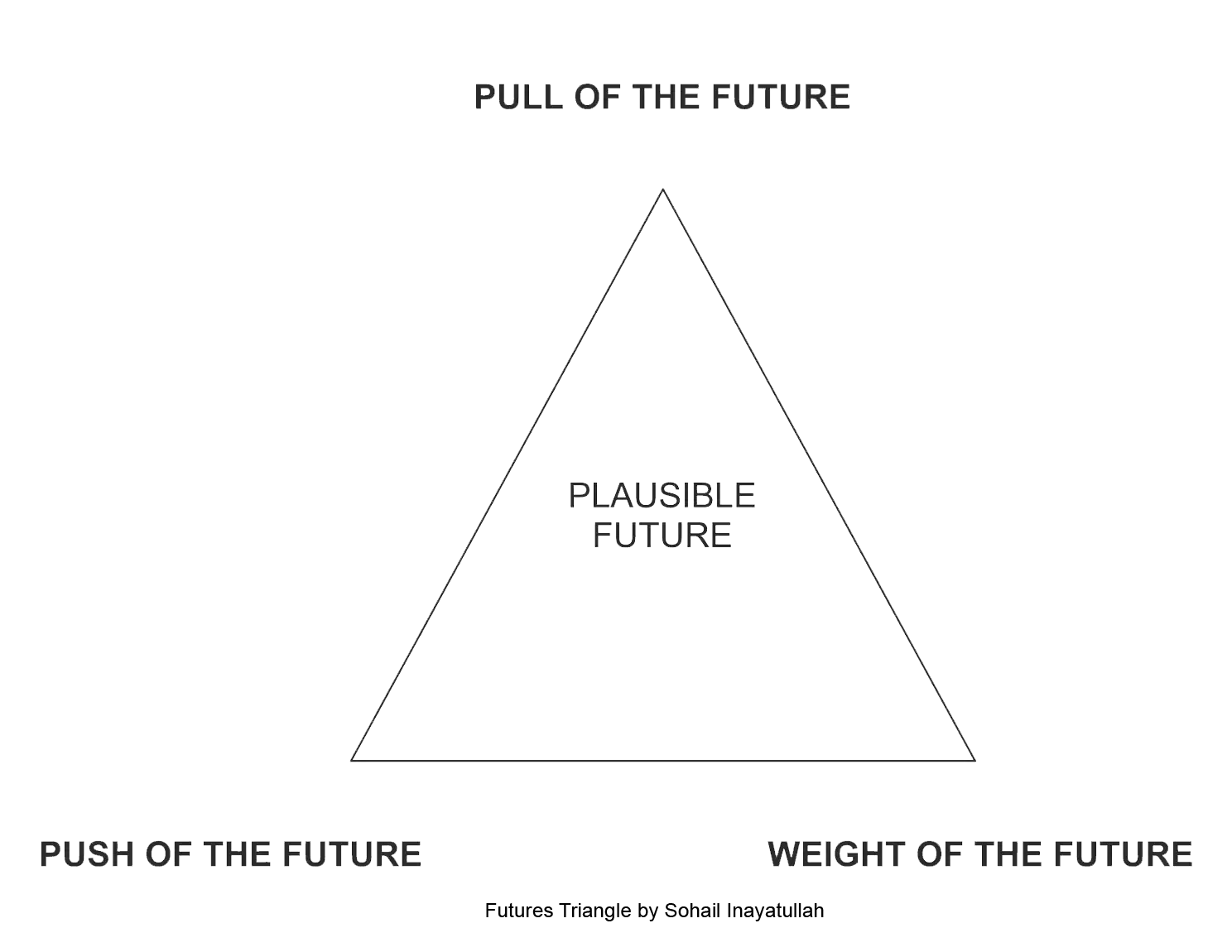My Approach to Research
At the start of any new project, my first question is not usually “how might we?” but “should we?”
A peer of mine had written about the “should we” question and having humility as designers, and it has stuck with me ever since.
For me, asking this is key to taking a Human Centred Design approach. The aim should always be to find solutions to complex problems, by having a empathy for the people and spaces we are designing for as well as their unique needs. Asking “should we?” encourages us to consider the value, purpose, and necessity of what we are looking to pursue.
Research Methods I Use
I design my research plans with mixed methods that may include any of the following:
- In-Depth Interviews
-
Particpatory exercises such as card-sorting or A/B testing
-
Focus Groups
-
Journey Maps
-
Service Design Blueprints
-
Persona Building
-
Value Proposition
-
Surveys
-
Usability Testing
- Horizon/Trend Scanning

Applying Strategic Foresight
Strategic Foresight is the practice of understanding systems and trends to create an informed guess as to what the future may be.
Although nothing about the future can be absolutely certain, I believe that the combination of research, common sense, and creative thinking can help us visualize what may be ahead.
Strategic Foresight is a skill that has grown in popularity, as more people have become interested in working from a place of longevity, rather than urgency. However, making proper use of Strategic Foresight often requires a willingness to embrace radical change; which many struggle with.
Some Foresight Methods I Use
- Research
- Horizon/Trend Scanning
-
2x2 Framing
-
Multi-Layered Perspective
- Causal Layer Analysis
- SWOT
- Scenario Writing

